MAJOR SPOILER WARNING. Those who haven’t seen the film yet, look away now.
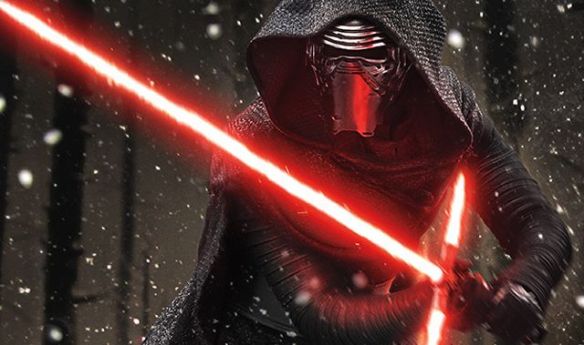
I have seen The Force Awakens four times, and now the dust has settled a little, as a fully paid up Star Wars fanatic, I wanted to delve a little deeper into specifics of what I felt about the new film. Essentially I stand by my original (spoiler free) review, but here are just ten things I thought were terrific, and one thing I would have done differently. Much has been made of how The Force Awakens remixes plot points from the original film, but for the most part this did not bother me as there were enough new ideas and fresh spins on well-worn material to give the Star Wars saga the breath of life it so desperately needed after the prequels.
New characters
The film correctly focusses on the new leads, with Rey being a tremendous protagonist. She perfectly encapsulates the spirit of Luke Skywalker but with an even deeper sense of loneliness, melancholy and mystery. Finn is just as good, with the whole rogue Stormtrooper thing being one of the best new ideas in the film. I love the way Finn is introduced with him being “marked”, and with his subsequent choice to refuse an immoral order. His renouncing of the First Order is foreshadowed brilliantly in a brief but subtle moment when Kylo Ren pauses for a moment to look at this trooper who refused to fire his gun. Speaking of Ren, I’ll come back to him later, but he is a superb, three-dimensional character who like Darth Vader is so much more than a simple villain. Poe Dameron also greatly impressed, not only in his fun banter with Finn but also his skills as a pilot. Obviously this point can’t be finished without mentioning BB-8, who frankly can be immediately placed on a par with R2-D2 and C-3PO as an instant icon. Rounding out the main villains, General Hux did a great job of doing a Peter Cushing space-Hitler type thing, and Snoke proved agreeably mysterious. More on Snoke later.
Revisiting old characters
Han Solo and Chewbacca’s entrance into the film is perfect, as is, incidentally, the first appearance of the Millennium Falcon. Of the old characters, only Han and Chewbacca play a major role, but this feels like the right choice throughout. Leia’s moments were limited but well done, and I’ll get to Luke later on in the article.
The look and feel of the film in general
The Force Awakens feels like it’s 1977 again, with a return to the leaner, stripped down visuals of the original. Not only is it shot on 35mm film, but it features old school models and costumes for the spaceships and aliens respectively, and only minimal CGI. It has that dirty, lived-in feel that the originals had. Speaking of which, I really enjoyed most of the nods to the first film – the hidden data in the droid, an “I’m here to rescue you” moment, monster chess, a trash compactor reference, a Cantina Band scene and so forth. Yet JJ Abrams’ direction also recalls the likes of John Ford and David Lean at times, especially in the epic grandeur of the desert scenes. He even added a very subtle homage to The Wizard of Oz, which I only spotted on my most recent viewing. Just after Kylo Ren kidnaps Rey, there is a shot of his ship and accompanying TIE fighters flying into the skies, seen from Finn’s point of view through tree branches. This shot deliberately echoes the shot of Dorothy being carried off by the flying monkeys.
“Do I talk first?”
The sense of humour throughout is terrific. Favourite comedy moments included the thumbs-up moment from BB-8, the two Stormtroopers backing off when Kylo Ren is having one of his tantrums, C-3PO interrupting Han and Leia’s reunion, Finn’s “I’m in charge!” exchange with Captain Phasma, Han Solo’s banter with Finn (“That’s not how the force works!”), Poe Dameron’s “Do I talk first?” scene with Kylo Ren, Chewbacca being attended to by the nurse (“You must be very brave!”)… Really there are more laughs here than many alleged comedies.
Spaceship battles
I love the sense of giddiness generated by the spaceship battles, especially in the first act with the scene where Finn and Poe escape in the TIE fighter, and later where Rey pilots the Falcon through the Star Destroyer wreckage with TIE fighters in hot pursuit. I haven’t felt that thrilled since watching the original trilogy on the big screen. Later there is that wonderful shot of Poe’s X-wing taking out multiple targets whilst Finn watches from the ground. All terrific stuff, appealing to one’s inner seven-year-old.
Sinister visions
One of my favourite scenes in the original trilogy is that moment in The Empire Strikes Back when Luke has a terrifying vision of Vader in the cave on Dagobah and severs his head, only to see his own face in the mask underneath. This scene is echoed by the moment Rey touches the lightsabre and sees all manner of inexplicable and frightening scenes – including Cloud City and Kylo Ren’s massacre of Luke’s Jedi disciples. For me, this really added depth and mystery to the drama, as well as desperation to see the next film.
Han Solo’s final scene
The death of Han Solo was beautifully handled. Although it is perhaps predictable, the direction is brilliant, in the way a ray of sun indicates there might yet be hope for Kylo Ren. Yet when the sun disappears and his face is surrounded in red light, we know Ren is going to kill his own father, thus deliberately choosing evil instead of being “seduced by the light”. Star Wars has always had a hefty dose of Jacobean tragedy at its core, with the dysfunctional Skywalker family, and whilst it is desperately sad to see the end of Han Solo, it was the right thing to do for the film, and the overall saga in general.
The lightsabre duel
The lightsabre duel in the forest was probably my favourite moment in the film, especially the way Rey comes back fighting after Finn is lightsabred into a coma. For her to suddenly use the Force so proficiently is surely a question that must be answered in the next film, but nevertheless the way she rises to the challenge of Kylo Ren is superb.
The unanswered questions
There is obviously more to Kylo Ren’s past than we are being told at this point, and I particularly liked the way his villainy is not yet fully formed. Snoke says he will complete his training, which opens intriguing possibilities for the next film. Speaking of Snoke, what is he? Where did he come from? Is he really a 20 foot alien, or was that just the hologram making him look bigger? Other unanswered questions, such as where Maz Kanata acquired the lightsabre last seen being cut from Luke’s hand by Vader, must surely be answered next time. Finally, it isn’t entirely clear just how powerful the First Order is (give or take Starkiller base). In the original film, we immediately know we’re in David and Goliath territory with the Rebellion and the Empire respectively, but here matters are less clear. Again, perhaps the next film will clarify. Overall, I think the film did a good job of telling a satisfying story but also leaving enough tantalising unanswered threads to pull on for sequels.
The one thing I was less keen on
So what didn’t I think worked so well? Starkiller base. The new, bigger Death Star idea was the one element that for me felt like a lazy rehash. In the original film, the Death Star plans drive the entire plot, so it made sense to have the big battle at the end, where pilots are tensely destroyed one by one, whilst the audience sits on the edge of its seat. The equivalent battle in The Force Awakens has barely any of that same nail-biting suspense, because what drives the plot of this film is Luke Skywalker’s disappearance. If I had been writing the screenplay, I would have had Starkiller base be an impregnable First Order outpost that isn’t capable of blowing up planets, which Finn and Han have to infiltrate in order to 1) Rescue Rey and 2) Acquire a vital piece of the map to Luke. That way, the events we really care about (Kylo Ren and Han, the lightsabre fight etc) could still play out, and perhaps Poe Dameron’s raid could have simply been providing air support for their escape, or suchlike. That way, the map to Skywalker McGuffin would have been maintained throughout.
The finale
Since I don’t want to end this article on a negative, I will add with the last thing I really loved in the film, and that was the finale. Some complained that Luke should have at least spoken, but having Leia saying “May the force be with you” as the last dialogue in the film prior to the wordless encounter with Rey and Luke felt appropriate. Besides, it did give the film a nice sense of cliffhanger which whilst frustrating on one level, felt very satisfying on another. I should add that I love the new John Williams music score. Some have criticised it for its lack of immediately hummable tunes, but after a few listens to the soundtrack CD it has grown on me considerably. There is some amazing new material, particularly the March of the Resistance and Rey’s theme, which segues beautifully into the Force theme in that way only John Williams can do.
Roll on Episode VIII!


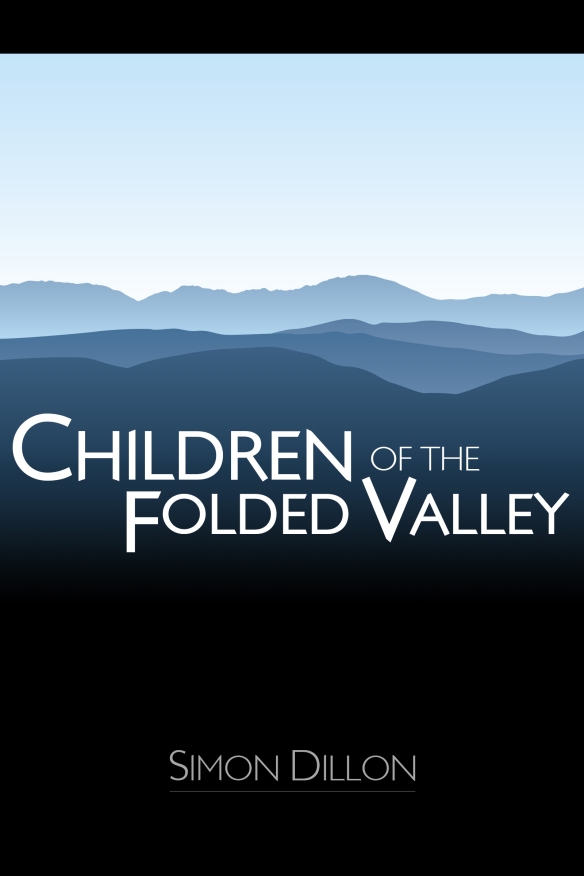
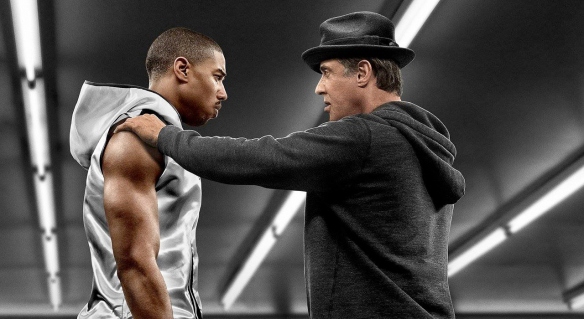 Creed, essentially a Rocky spin-off/reboot, is actually not a bad piece of work. Yes, the Rocky sequels became increasingly ludicrous (with Rocky III being the only one to progress the story in an interesting way), but this film proves that a dead horse can occasionally be flogged into a satisfactory resurrection.
Creed, essentially a Rocky spin-off/reboot, is actually not a bad piece of work. Yes, the Rocky sequels became increasingly ludicrous (with Rocky III being the only one to progress the story in an interesting way), but this film proves that a dead horse can occasionally be flogged into a satisfactory resurrection.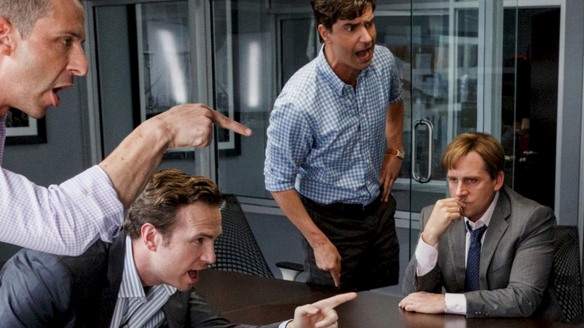 The financial crash of 2008 has been explored in a few films and documentaries, but with The Big Short, director Adam McKay no doubt intends to try and make the most accessible version of the story to date. Opting for comedy and sort-of biographical drama, The Big Short is, for the most part, funny and compelling. It is also a scathing condemnation of a banking system so gone wrong that words like corrupt feel completely redundant.
The financial crash of 2008 has been explored in a few films and documentaries, but with The Big Short, director Adam McKay no doubt intends to try and make the most accessible version of the story to date. Opting for comedy and sort-of biographical drama, The Big Short is, for the most part, funny and compelling. It is also a scathing condemnation of a banking system so gone wrong that words like corrupt feel completely redundant.
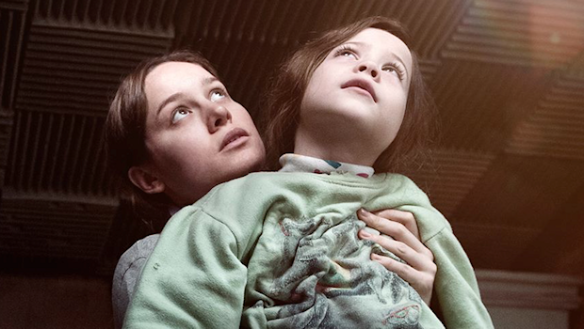 Every so often, I see a film that hits raw nerves to such a degree, causing me to be emotionally gripped to the point that I will essentially overlook any other flaws. This is definitely the case with Lenny Abrahamson’s Room (not to be confused with notorious so-bad-it-has-a-cult-following The Room).
Every so often, I see a film that hits raw nerves to such a degree, causing me to be emotionally gripped to the point that I will essentially overlook any other flaws. This is definitely the case with Lenny Abrahamson’s Room (not to be confused with notorious so-bad-it-has-a-cult-following The Room).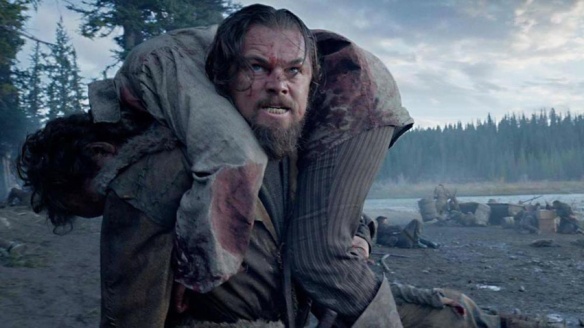 Last night, whilst leading a trapping expedition in the uncharted American wilderness circa 1823, I was attacked by a tribe of Arikara – a terrifying ambush that killed over half our party. Then I got mauled by a bear, betrayed and left for dead. Somehow I came to, and dragged myself through miles and miles of hostile terrain amid blizzards, frozen rivers and mountains, constantly under threat from Arikara attack. This truly hellish journey was punctuated by the occasional quasi-mystical vision, and at many points I had to do horrific things in order to survive (including one encounter with a horse that I will spare you the details of). Yet amid the horror of that ordeal, my obsessive quest for revenge on the one who betrayed me spurred me ever onward. All things considered, it was an exhausting (and absolutely freezing) evening.
Last night, whilst leading a trapping expedition in the uncharted American wilderness circa 1823, I was attacked by a tribe of Arikara – a terrifying ambush that killed over half our party. Then I got mauled by a bear, betrayed and left for dead. Somehow I came to, and dragged myself through miles and miles of hostile terrain amid blizzards, frozen rivers and mountains, constantly under threat from Arikara attack. This truly hellish journey was punctuated by the occasional quasi-mystical vision, and at many points I had to do horrific things in order to survive (including one encounter with a horse that I will spare you the details of). Yet amid the horror of that ordeal, my obsessive quest for revenge on the one who betrayed me spurred me ever onward. All things considered, it was an exhausting (and absolutely freezing) evening.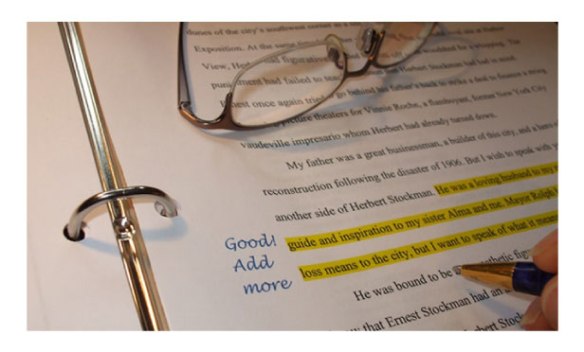
 If you are a fan of Quentin Tarantino, you will know what to expect from his films. Therefore, the warnings I normally give for potentially objectionable content seem somewhat futile, but let’s get that out of the way upfront. His new western The Hateful Eight contains extremely strong bloody violence, swearing, racist language, nudity, crude sexual references and scenes of facial hair that some viewers may find disturbing. Actually, Kurt Russell’s moustache is rather magnificent.
If you are a fan of Quentin Tarantino, you will know what to expect from his films. Therefore, the warnings I normally give for potentially objectionable content seem somewhat futile, but let’s get that out of the way upfront. His new western The Hateful Eight contains extremely strong bloody violence, swearing, racist language, nudity, crude sexual references and scenes of facial hair that some viewers may find disturbing. Actually, Kurt Russell’s moustache is rather magnificent.

